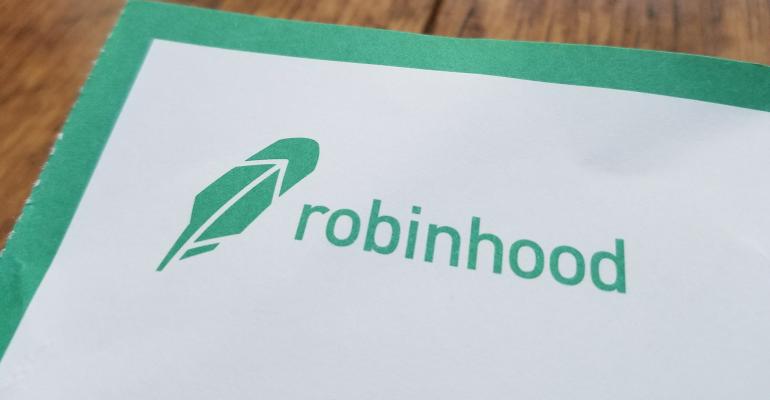The Financial Industry Regulatory Authority hit Robinhood with a $1.25 million fine for best execution violations related to its practice of selling client order flow to various exchanges. FINRA said customers’ non-directed equity orders, spanning from October 2016 to November 2017, were routed to four broker/dealers, which is not necessarily worrisome. However, the fine was issued because Robinhood's internal procedures failed to properly focus “only on the execution quality of its pre-existing routing destinations, all of which paid Robinhood for that order flow,” according to FINRA.
In other words, Robinhood did not meet the requirements of FINRA’s Best Execution rule, a rule that could be gaining renewed importance as financial services firms move to $0 trades. That rule “requires firms to use reasonable diligence to ascertain the best market for the subject security and buy or sell in such market so that the resultant price to the customer is as favorable as possible under prevailing market conditions,” according to FINRA.
Those requirements mean firms like Robinhood that receive payment for order flow need to conduct reviews of execution quality on an “order-by-order” basis or a “’regular and rigorous review.’” The app-based trading platform failed to adequately consider execution quality factors from alternative markets, said FINRA.
To compound the situation, Robinhood didn’t systematically evaluate best execution characteristics of limit orders, stop orders and orders received outside of regular trading hours, said FINRA. That resulted in “hundreds of thousands of orders each month [falling] outside the firm's ‘regular and rigorous’ review process.” A supervisory system in place to “achieve compliance with its best execution obligations” didn’t meet design requirements, disregarding several order types and factors that were supposed to be considered in best execution reviews, added FINRA.
At the time of the violations, Robinhood was breaking into the unicorn club, with a valuation of $1.3 billion by April 2017, and counted 2 million total users. At the time, Robinhood was slamming its brokerage competition for the commissions they charged investors. In an interview with TechCrunch, co-founder Baiju Bhatt acknowledged that the firm made money from routing order flow and indicated that he was familiar with the stringent regulations and expectations for financial services firms.
"We’re not a social media company. If we even step slightly out of line with anything we all go to jail," he told the publication.
At the time of Bhatt's comments, however, it was still falling short of its best execution obligations, according to FINRA. "Best execution of customer orders is a key investor protection requirement," said Jessica Hopper, senior vice president and acting head of the agency's department of enforcement, in a statement. "FINRA member firms must exercise reasonable diligence in performing regular and rigorous reviews to achieve best execution for their customers."
Collecting a payment from exchanges in return for directing client buy and sell orders to that exchange is a common practice for brokerage firms. Collecting these kinds of fees is a revenue generator for brokerages that allows them to cut transaction fees for clients, in many cases eliminating them altogether.
"A lot of advisors have been telling their clients there is no free lunch, and this is a case study of the danger 'free' can pose to investors," said Aaron Klein, co-founder and CEO of Riskalyze. "The worst part is that there is no way to know just how much payment for order flow is costing investors."
Saving money on a commission, only to lose it on bad execution, might be more costly than just paying a commission, he noted. "I predict it's just a matter of time before the SEC shuts down or dramatically regulates this opaque business model."
Robinhood did not admit or deny the charges in its settlement. It agreed to “retain an independent consultant to conduct a comprehensive review of the firm's systems and procedures related to best execution” and consented to the entry of FINRA’s findings.
"The facts on which the settlement is based do not reflect our practices or procedures today," noted Robinhood spokesperson Dan Mahoney, in a statement. "The agreement relates to a historic issue...involving consideration of alternative markets for order routing, internal written procedures and the need for additional review of certain order types."
"Over the last two years, we have significantly improved our execution monitoring tools and processes relating to best execution, and we have established relationships with additional market makers," he added. In March 2019, Robinhood said it adopted a new Best Execution Committee charter and updated the materials reviewed by the committee, increasing its scope of analyses. It added that it currently uses a "well-known independent provider of best execution analytics software" and hired a best execution manager.





